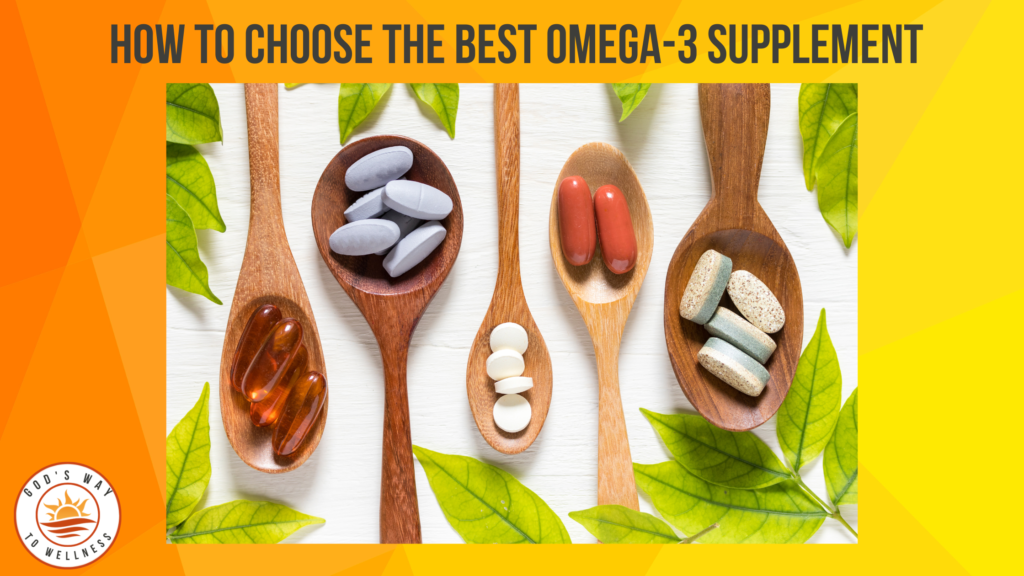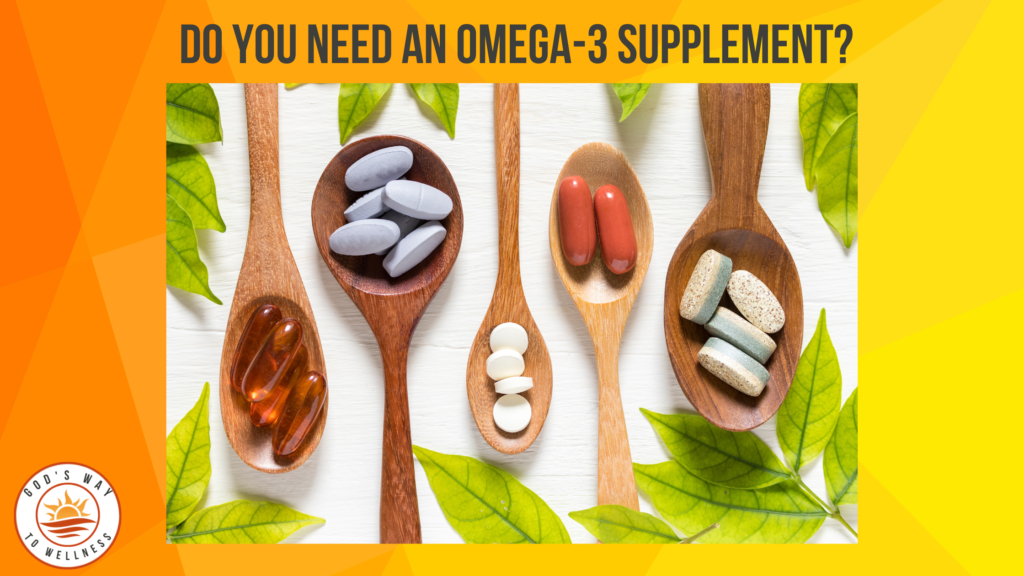Is there one food you know is not good for you, but you cannot stop eating it? For me, it’s chocolate. I rationalize by thinking, “dark chocolate is good for you.” Sorry, not Reese’s Peanut Butter Cups.
Good news! It’s not our fault. The food industry hijacks our taste buds and tricks our brain and body. If we think, “I cannot do without my large soft drink, French fries, my potato chips, ice cream, chocolate chip cookies, or my Reese’s Peanut Butter Cups“, it’s time to take control of our taste buds. Retrain them to enjoy real food instead of ultra-processed foods.
The problem
Walk into any grocery store and see aisle after aisle of ultra-processed foods—cookies, crackers, cereal, snacks, candy, ice cream, baked goods, and frozen dinners. The difference between processed foods and ultra-processed foods is the latter has added sugar, preservatives, natural flavors, artificial flavors, and colors.
There are over 10,000 food additives in ultra-processed foods, most not tested by the FDA. 1 These food products contain additives to enrich the big food companies. They manipulate us by using chemical additives such as sugar, MSG and natural flavors, so we eat more and become addicted. Then we keep buying and eating. More and more. We can’t stop.
What is wrong with natural flavors?
Natural flavors are one of the most common ingredients found in ultra-processed foods.
Natural flavors from nature sound good, right? The source of natural flavors might be natural, but the end product is not. Natural flavors are chemicals made in a laboratory to make ultra-processed food taste like real food.
The food companies do not disclose all the chemicals in natural flavors, so we are not aware of what we are eating. In addition, the FDA has not defined “natural.” The natural flavors trick our bodies into thinking we are eating actual food when we are not.
For example, I love a banana in my morning smoothie. Bananas are an excellent source of potassium, magnesium and vitamins B6 and B12. However, amyl acetate is a compound distilled from bananas to provide banana-like flavor in baked goods. Our taste buds sense bananas in the food, but there are no nutrients there.
Our bodies crave the nutrients that should be there, so we keep on eating more. We end up being overweight and malnourished from eating this ultra-processed food, lacking the nutrients the body needs.

Is sugar addictive?
Yes, it is. Sugar releases the neurotransmitter dopamine, activating the reward system in the brain. Cocaine, amphetamines and nicotine activate the same system. It feels so good; you want to eat more. (Now I see why I cannot eat just one square of dark chocolate like Dr. Li recommends.)
We crave our sugar and build up a tolerance to it, just like with other drugs. Withdrawal occurs when you stop eating sugar. 2 Therefore, we keep buying and eating ultra-processed foods loaded with sugar.
Why do ultra-processed foods make us eat more?
MSG, a common food additive with many names, is used to enhance the taste and smell of ultra-processed food. It stimulates glutamate receptors in the mouth and on the tongue. It overstimulates the nerve cells in the brain, called an excitotoxin.
MSG also interferes with leptin, the hormone that tells the brain you are full and to stop eating. 3 In fact, in research studies, scientists use MSG to cause rats to gain weight. 4
The role of MSG in weight gain and fat storage is still controversial, though the FDA considers MSG “generally recognized as safe” (GRAS). However, MSG is another chemical additive to avoid because of reported side effects and adverse reactions.
What is the solution?
- Eat real food made by God, not in a factory. Food is medicine.
- Don’t buy ultra-processed food. Canned, jarred, bottled, dried and frozen food with minimal ingredients added are fine in moderation.
- Read the nutrition labels and ingredient lists. Look for added sugar, especially high fructose corn syrup. Avoid any packaged foods with over 5 ingredients. Would your great-grandmother have served this food?
- Cook our own food. It is difficult to know what you are eating in restaurants, so eat out rarely and save for special occasions.
- Get the word out. Listen to the podcasts in the References. And please share this information with family and friends.
References
1,4 Hyman, Mark. “How To Be A Food Activist In Your Own Kitchen”. The Doctor’s Farmacy. Podcast Audio, October 14, 2020. https://drhyman.com/blog/2020/10/14/podcast-ep140/.
2,3 Hyman, Mark. “How Does Ultra-Processed Food Affect Our Mental Health”. The Doctor’s Farmacy. Podcast Audio, September 30, 2020. https://drhyman.com/blog/2020/09/30/podcast-ep137/.




For me, it is anything salty crunchy , like potato chips , Doritos , corn chips. I try not to buy any of these foods but I tend to go back and buy one or the other more than I should . I was extremely dumbfounded to learn that the word “ natural” does not always mean healthy . I have been guilty of buying some foods with that word which upon further review , are NOT healthy at all , in fact , just the opposit . So, I thank you Sue, for bringing that up in this blog… Read more »
Thank you so much for your comment Mare. I am glad you found the information useful. Thanks for reading!